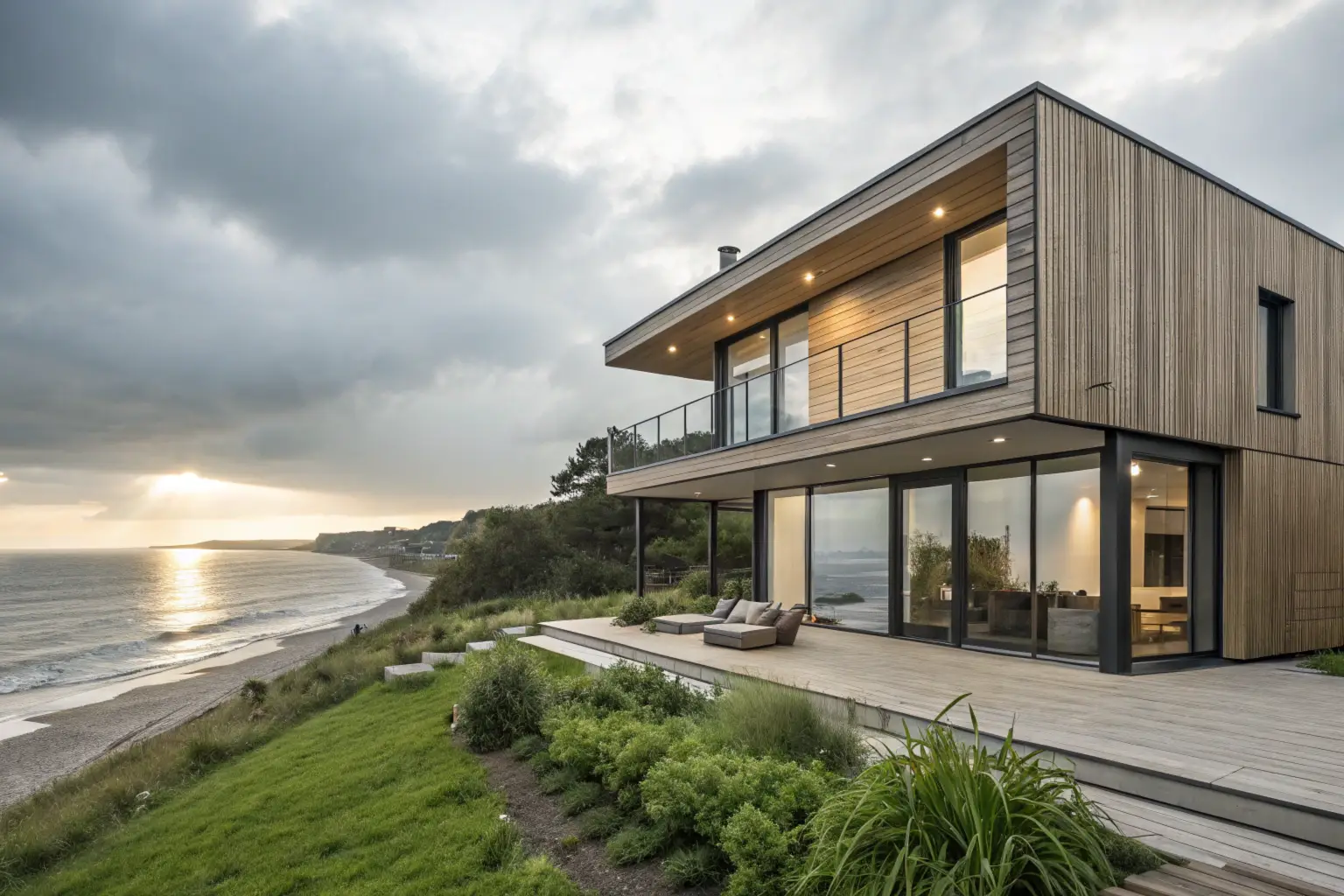The Advantages of Wooden Frame Panels in Modern Construction
Wooden frame panels, known for their sustainability, efficiency, and versatility, have become increasingly popular in modern construction. This building technique combines traditional craftsmanship with contemporary technology, creating a solution that aligns with the needs of environmentally conscious and cost-sensitive developers. This article explores the advantages of wooden frame panels, emphasizing their role in advancing sustainable and efficient construction practices.
1. Sustainability: A Green Building Material
One of the most compelling reasons to use wooden frame panels is their environmental benefits. Wood is a renewable resource, capable of absorbing carbon dioxide during growth, making it a natural ally in combating climate change. In contrast to concrete and steel, which produce significant greenhouse gas emissions during production, wooden frame panels leave a smaller carbon footprint. Furthermore, sustainably sourced wood ensures that forests are preserved and can regenerate over time, creating a cyclical and eco-friendly supply chain.
2. Lightweight Construction for Efficiency
The lightweight nature of wooden frame panels makes them easier to transport and assemble compared to traditional materials. This characteristic reduces transportation costs and allows construction in areas with difficult access. Moreover, their ease of handling simplifies the building process, reducing labor requirements and accelerating project timelines.
3. Superior Thermal Insulation for Energy Efficiency
Wooden frame panels offer excellent thermal insulation, contributing to energy-efficient buildings. Natural wood fibers provide insulation, reducing the need for artificial heating or cooling systems. This property not only lowers energy consumption but also decreases long-term operating costs, benefiting both homeowners and developers.
4. Flexibility and Modular Design
Wooden frame panels are highly adaptable to diverse architectural styles. Prefabrication techniques allow for modular designs that can be customized to suit specific requirements, offering flexibility without sacrificing efficiency. This modularity is particularly beneficial for residential and commercial projects, enabling scalability and innovation in design.
5. Speed of Construction
Prefabrication is a hallmark of wooden frame panel systems. Panels are manufactured off-site, minimizing on-site construction time and disruptions. Once delivered, assembly is swift, often requiring only days instead of weeks or months for traditional methods. This efficiency is critical for projects on tight schedules or in locations with challenging weather conditions.
6. Economic Benefits
The reduced construction time and labor intensity associated with wooden frame panels translate into cost savings. Additionally, the affordability of wood as a material compared to alternatives like steel or concrete enhances its appeal for budget-conscious projects. Combined with long-term energy savings from superior insulation, wooden frame panels present a cost-effective solution for sustainable building.
7. Durability and Modern Treatment Methods
Modern engineering has addressed concerns about wood’s susceptibility to pests, fire, and decay. Treatments and innovations in wood technology, such as cross-laminated timber, enhance the strength and durability of wooden frame panels, ensuring they meet stringent safety standards and perform well over time.
8. Aesthetic and Wellness Benefits
The natural aesthetic of wood brings warmth and character to buildings, blending well with natural surroundings. Moreover, studies suggest that the presence of wood in indoor environments can improve psychological well-being by creating a calming and inviting atmosphere.
Conclusion
Wooden frame panels are more than a construction material—they represent a paradigm shift toward sustainability, efficiency, and innovation in building practices. Their environmental benefits, cost-effectiveness, and adaptability make them a valuable solution for the modern construction industry. As the world moves toward greener and smarter construction methods, wooden frame panels are set to play a pivotal role in shaping the future of architecture and development.
By choosing wooden frame panels, developers can not only achieve their project goals but also contribute to a more sustainable and resilient built environment.

